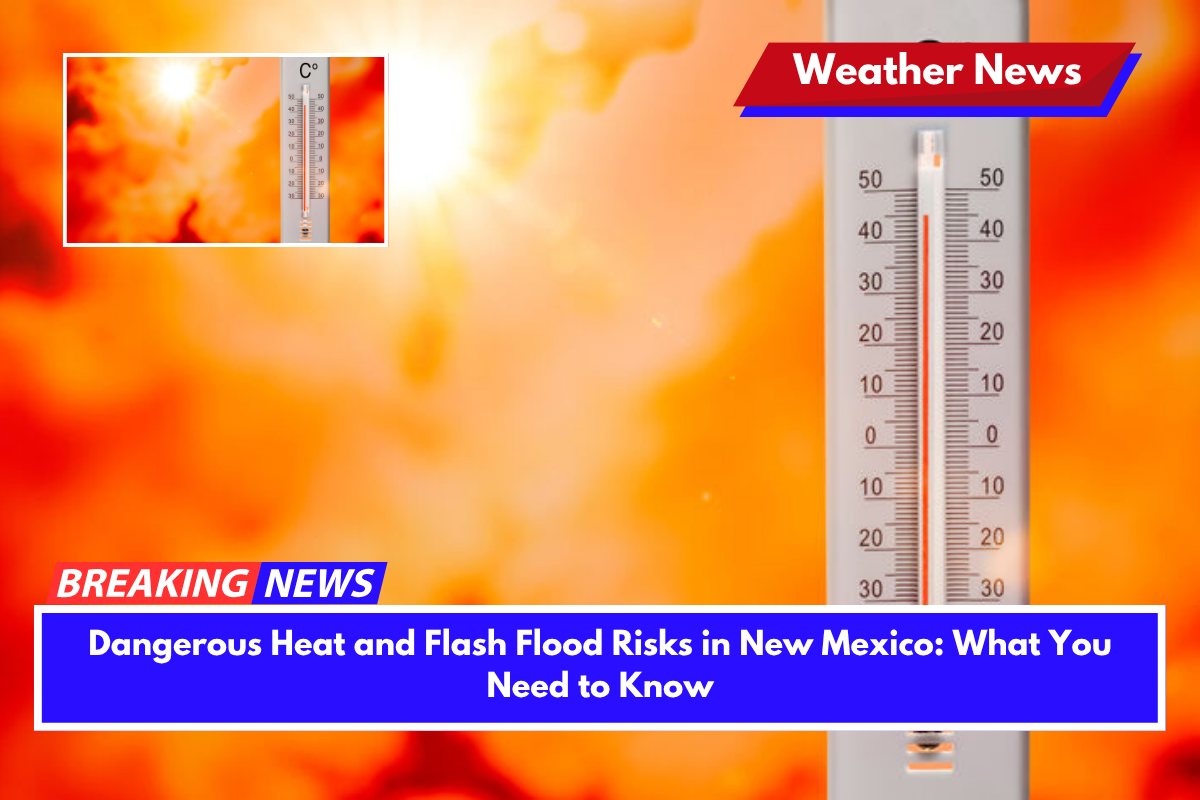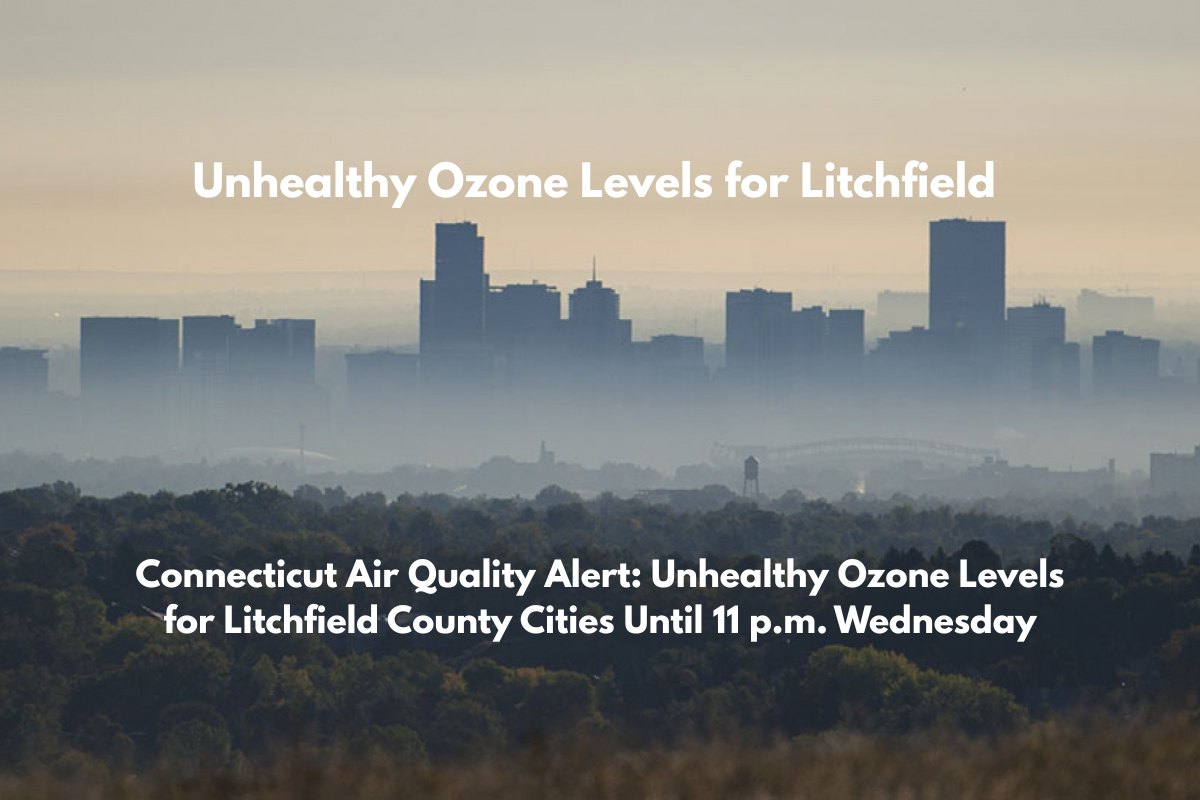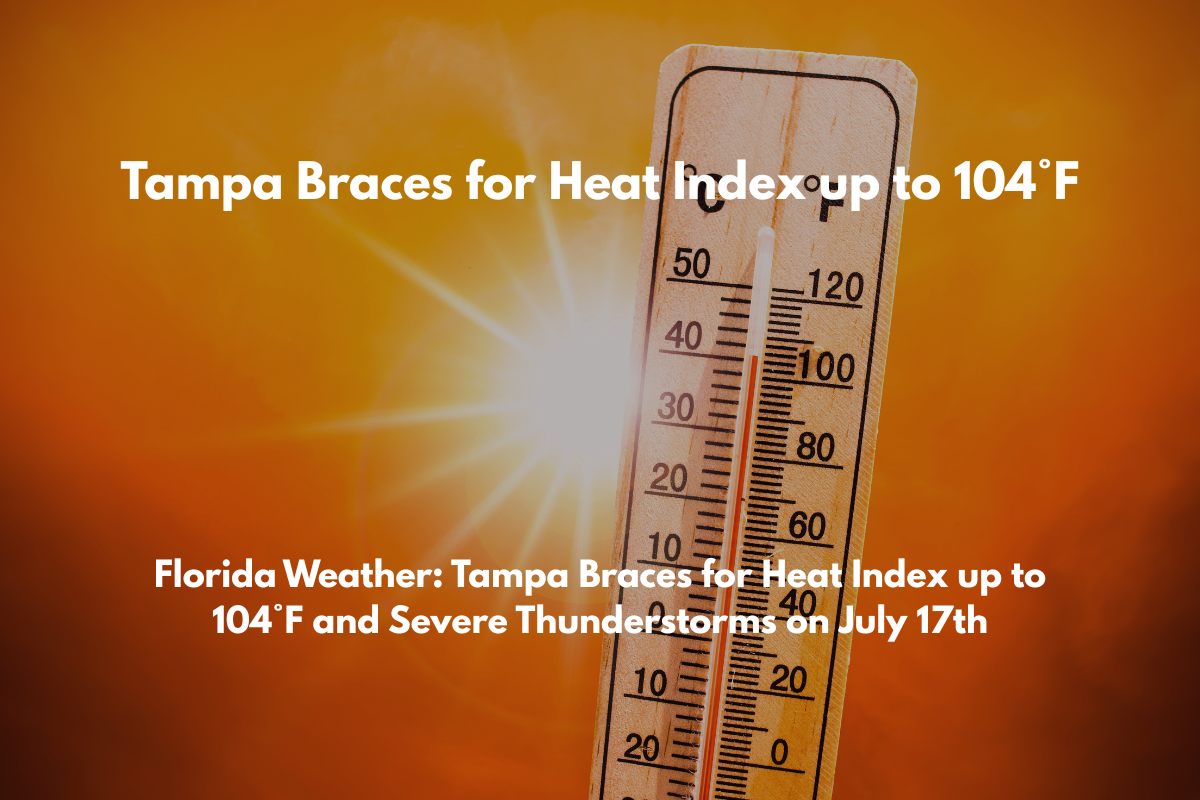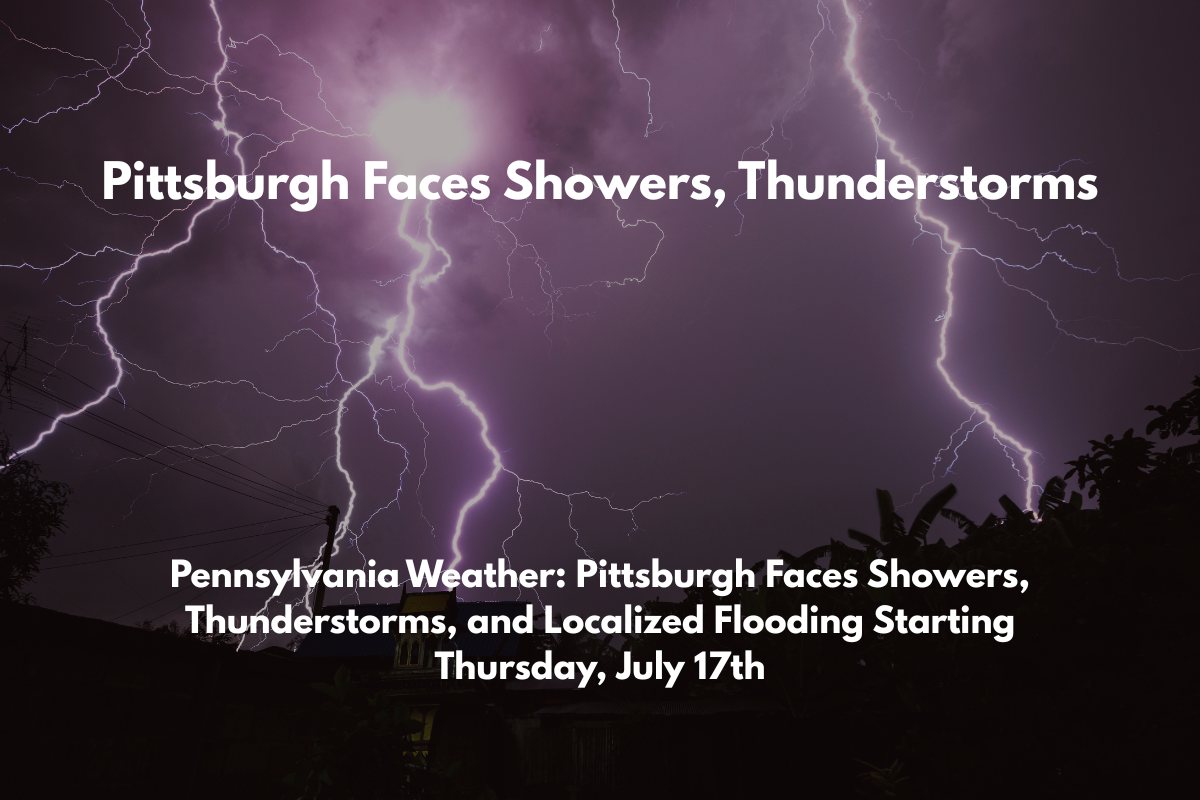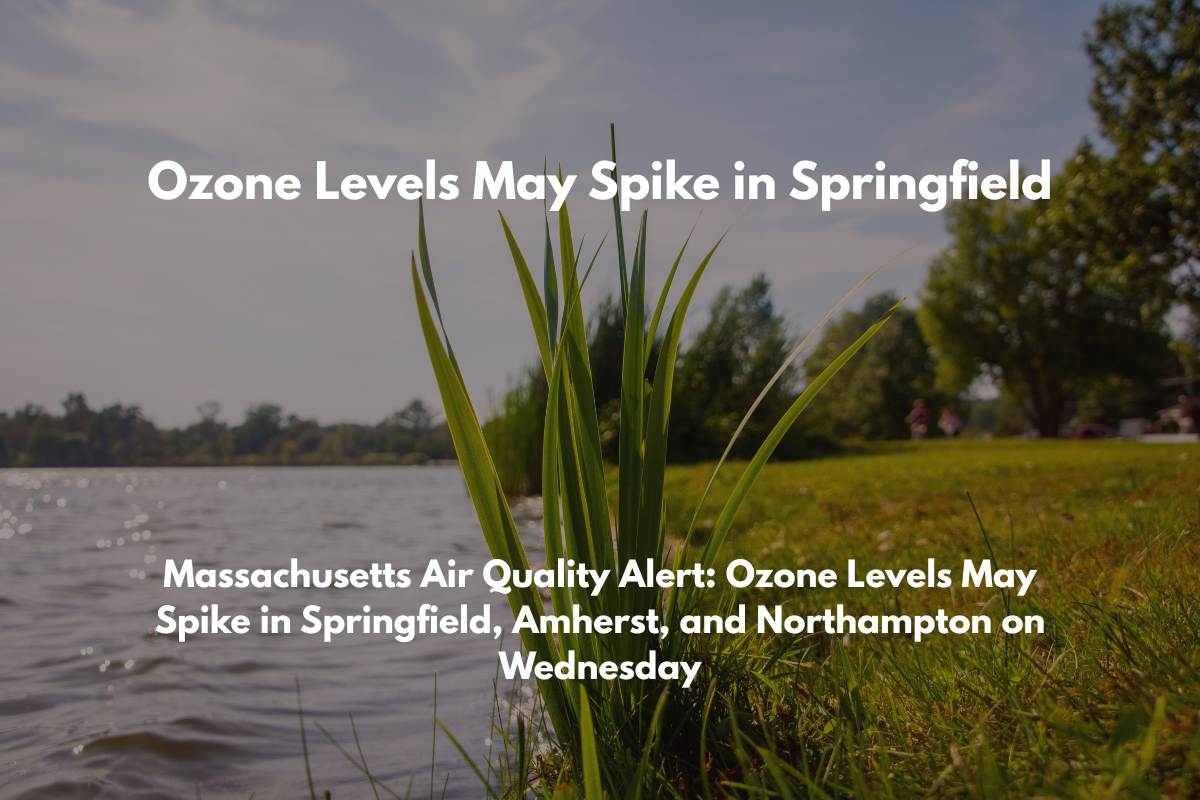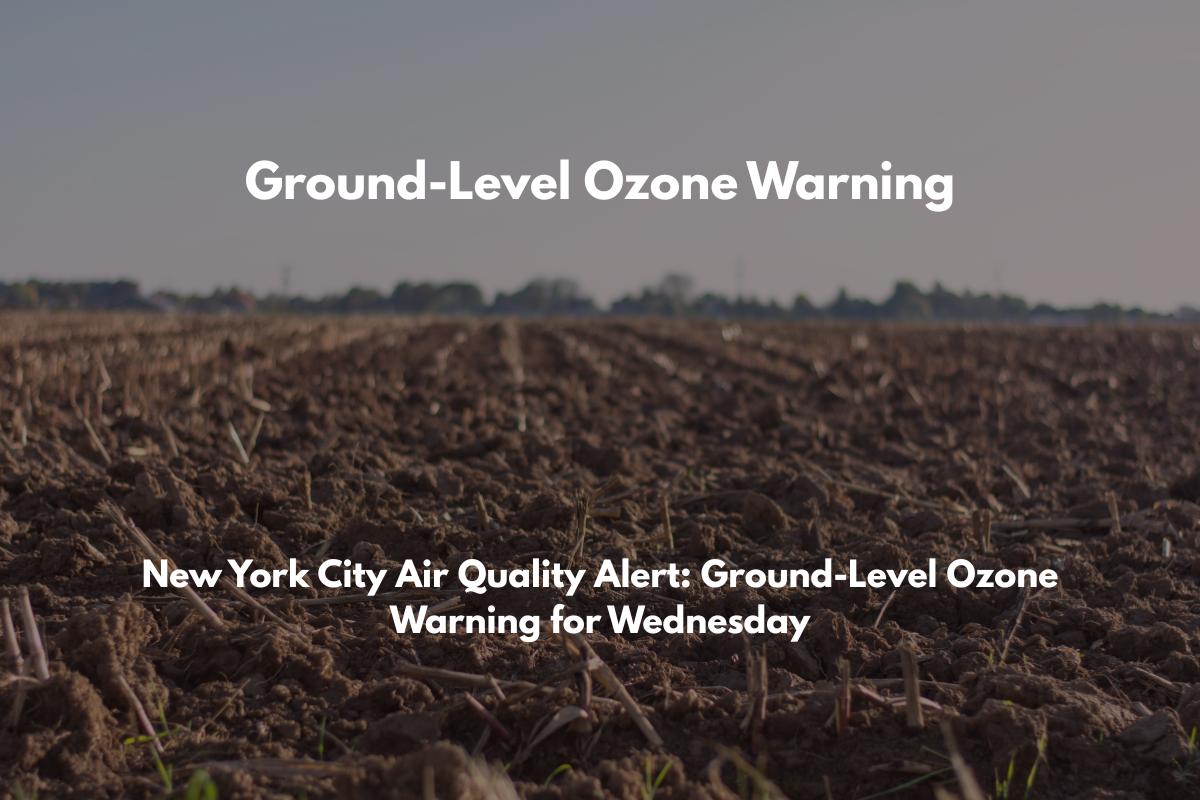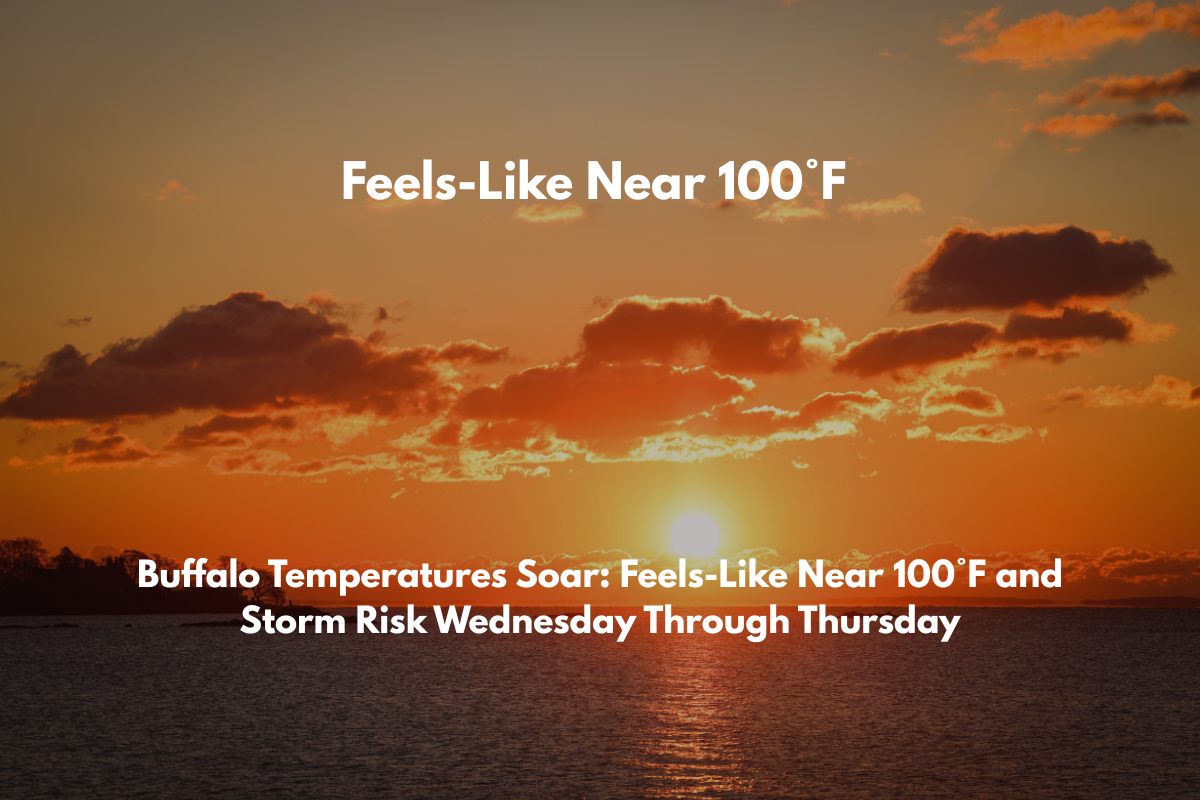New Mexico is facing a combination of extreme heat and a slight risk of flash floods, affecting residents in multiple areas of the state. With triple-digit temperatures expected and the possibility of thunderstorms near recent wildfire burn scars, it’s important to be aware of the risks and how to stay safe through early next week.
Extreme Heat Hits New Mexico
From Sunday to Monday, temperatures in New Mexico are expected to soar, creating a dangerous heat risk. Areas like Roswell could see temperatures reaching 105°F, Socorro may hit 104°F, and Albuquerque is likely to climb to 100°F on Monday. This intense heat will be felt most strongly between 12 p.m. and 7 p.m. each day.
During this heat wave, there are serious health risks for people, particularly those who may not have access to cooling resources or enough water. It is important to stay hydrated, avoid outdoor activities during peak heat hours, and find shade or cool places when possible.
Thunderstorm and Flash Flood Risks Near Burn Scars
In addition to the extreme heat, some areas of New Mexico are also facing a slight risk of thunderstorms, particularly around recent wildfire burn scars like the Ruidoso Area Complex and Hermits Peak/Calf Canyon burn zones.
These thunderstorms could bring localized flash floods, especially with fast-moving storms expected to bring winds of 20–35 mph on Tuesday.
Although moisture levels in the area remain low, the storm activity could still pose a risk, so it’s important for residents near these burn scar zones to stay alert and prepared. People in areas like Roswell, Clovis, and along U.S. 70 near Ruidoso should avoid crossing arroyos and should stay informed through weather alerts.
What You Should Do to Stay Safe
- Limit Outdoor Activities: If you live in the affected areas, stay inside during the hottest part of the day.
- Stay Hydrated: Drink plenty of water to keep your body cool and hydrated.
- Watch for Thunderstorms: Keep an eye on weather reports and be ready to take action in case of flash flooding or severe storms.
- Monitor Alerts: People living in burn scar zones should stay updated on emergency alerts and have an evacuation plan ready in case of an emergency.
